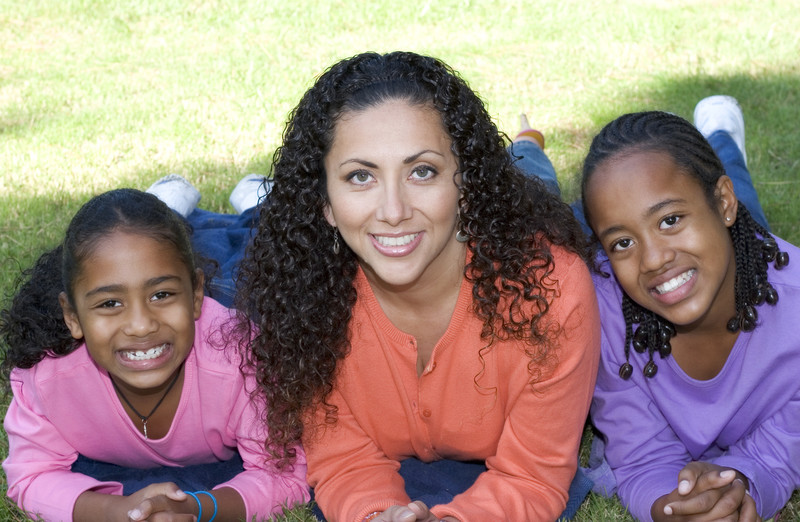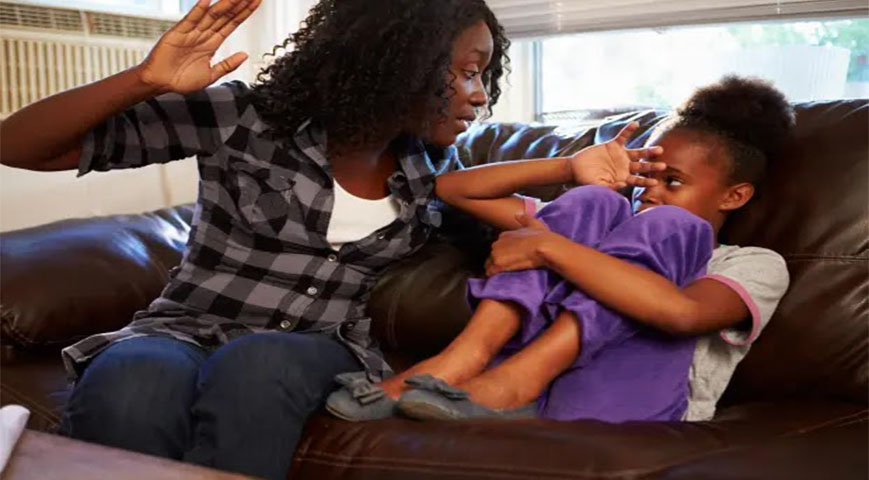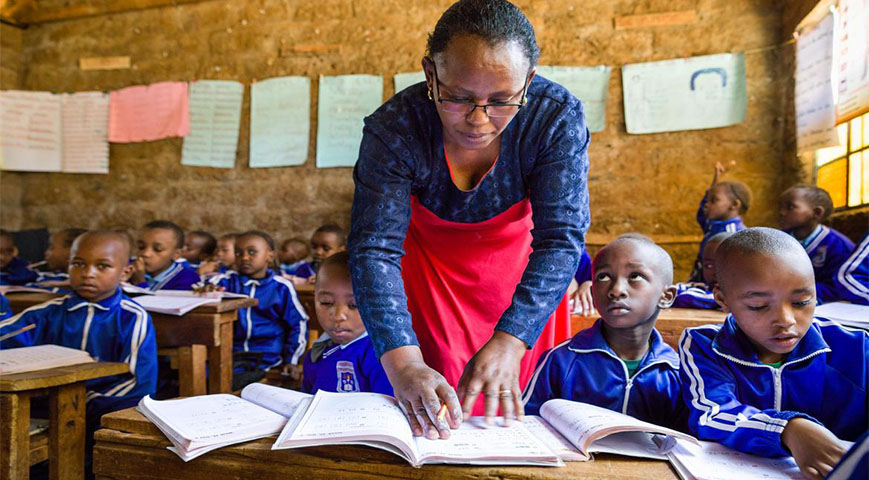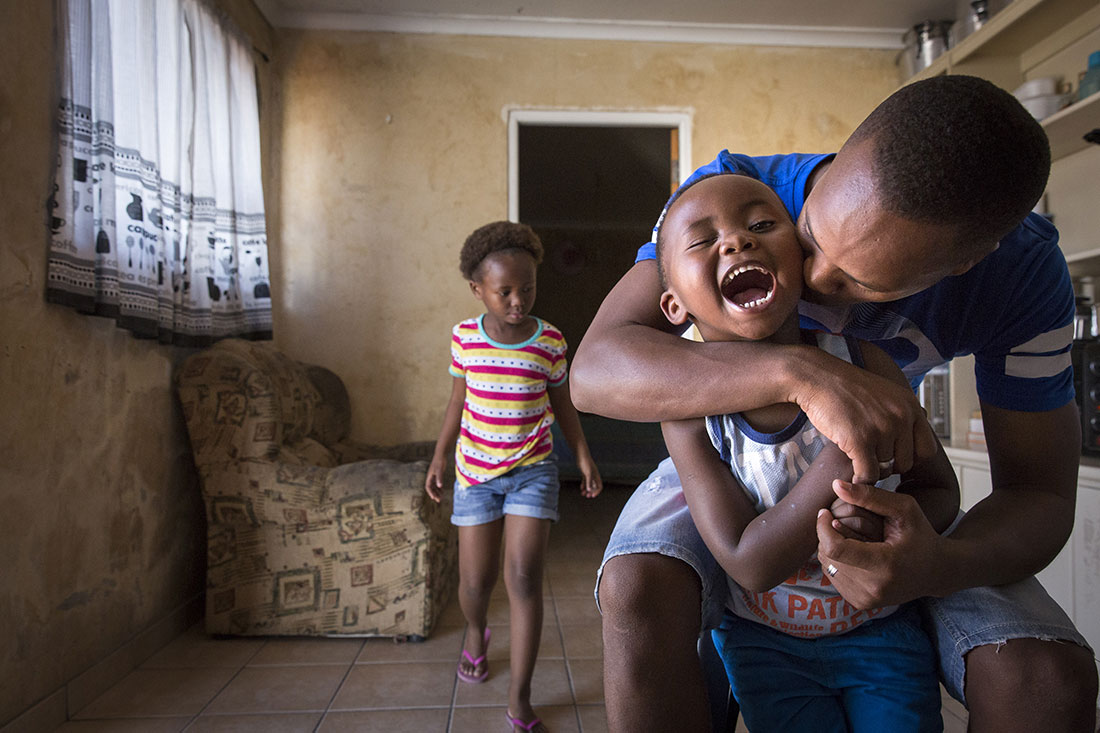Helicopter parenting, also defined as overly controlling parental involvement, is a style where the parent is excessively involved in their child's life, often hovering over them like a helicopter. While helicopter parenting may have noble motives, it has several negative ramifications for the parent and child.
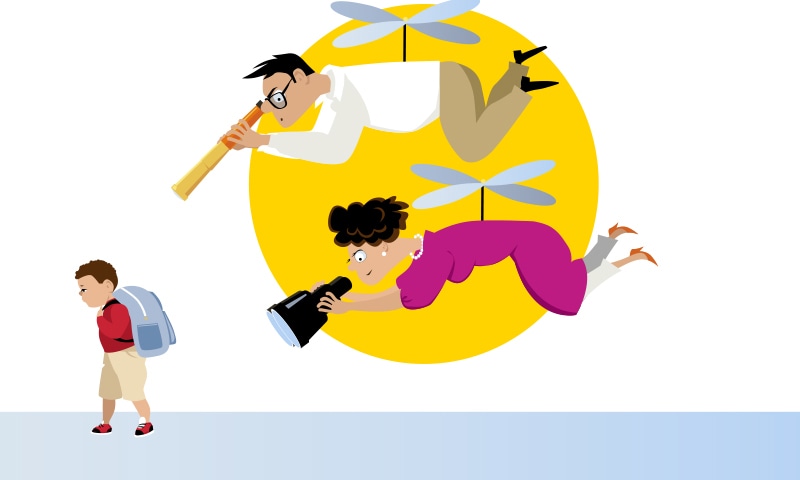
One of helicopter parenting's most serious disadvantages is that it inhibits children from learning independence and self-reliance. If their parents constantly supervise and regulate their children's actions, they may need help to make their own choices resolve issues on their own, or learn from their errors. Consequently, they may struggle to acquire the abilities and confidence for adulthood.
Helicopter parenting could also lead to communication and trust issues among parents and children. Kids may feel unwilling to confide in or express their emotions with their parents when they are continuously invested in their child's development, resulting in a communication breakdown. Furthermore, children may need more confidence in their moral judgement and decision-making abilities.
Did you read this?
Helicopter parenting can also lead to an unhealthy reliance on parents, making it challenging for young kids to leave home and create independence as adults. Young kids who have been pampered and sheltered by their parents might struggle to adjust to adult challenges, such as making choices and handling obligations on their own.
.
Helicopter parenting could also lead to a child's feelings of inadequacy and low self-esteem. Kids may acknowledge the signal that they are incapable of coping with difficulties and obligations, which can be detrimental to their self-esteem. They may also feel pressured to meet their parents' high expectations, which can cause stress and anxiety.
Helicopter parenting can be harmful both to the child and their parent. While well-intended, it can inhibit youngsters from gaining independence and self-reliance and lead to a lack of communication and trust and an unhealthy threshold of reliance on parents. It can also cause feelings of low self-esteem and inadequacy in children. Parents must balance participation and support while allowing their children to learn and grow independently.


